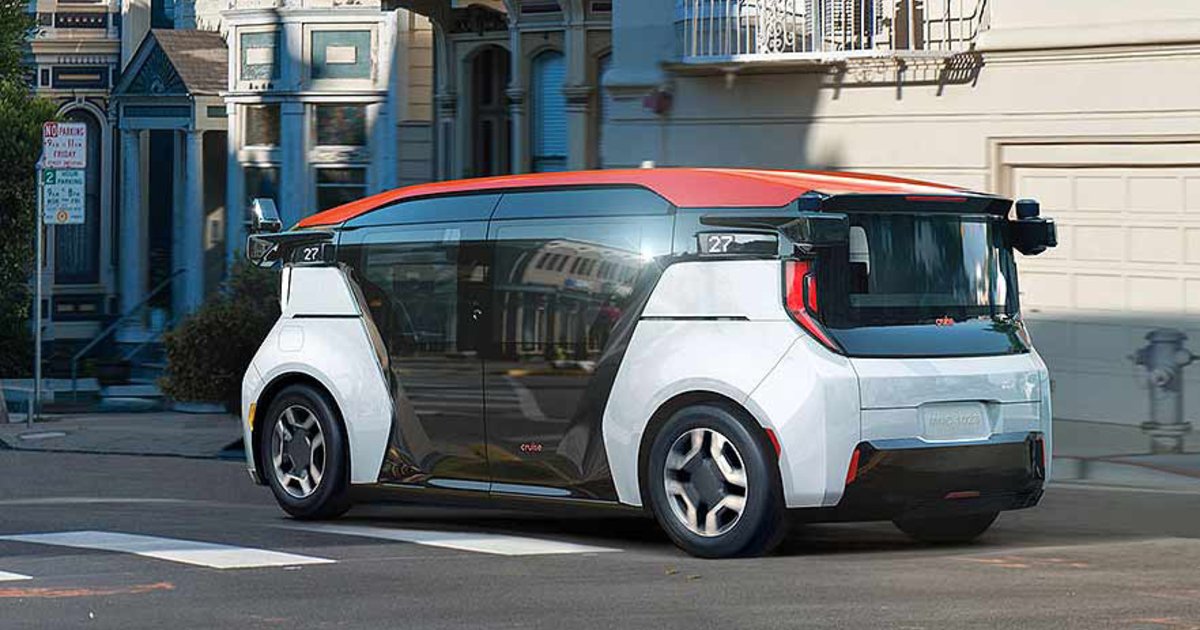
WASHINGTON — A coalition of 92 major cities and transit agencies is urging NHTSA to deny separate requests from Ford Motor Co. and General Motors to deploy a limited number of self-driving vehicles without certain human controls or functions on U.S. roads.
In comments submitted to the agency Wednesday, the National Association of City Transportation Officials said it strongly opposes both automakers’ requests for temporary exemptions from certain federal vehicle safety standards.
The association — whose member cities include Detroit, Phoenix and San Francisco — argues in part that forcing self-driving vehicles “into the existing regulatory scheme is inappropriate” and that NHTSA instead should use its rule-making authority to establish new performance standards for those vehicles.
It also said the automakers’ petitions do not meet the legal standard to receive an exemption and that the exemptions aren’t necessary to achieve their claimed public benefits.
“If NHTSA should decide to grant the exemption, then NHTSA must also strengthen its conditions for operations, use and reporting,” the association said in the comments. “Updated testing conditions and reporting standards are essential to advance the safe testing of AV technology while serving the public interest and avoiding potential negative impacts on congestion, equity and mobility.”
The automakers are seeking the exemptions so they can deploy up to 2,500 self-driving vehicles without traditional driving controls or features.
Ford is seeking an exemption from seven safety standards to deploy vehicles that would be used to support mobility services such as ride-sharing and package delivery, according to its petition.
In its comments to the agency, Ford said the exemptions are necessary “to provide relief from current compliance barriers that require human-based driver controls and information.”
“These exemptions enable an AV to be designed in a way that minimizes the potential for human occupant error and interference in the automated driving task,” wrote Emily Frascaroli, global director of Ford’s automotive safety office. “As outlined in the Ford petition, the Ford [automated driving system] replaces the need for a human driver and ensures the safety intent and vehicle-level performance of the exempted regulations are satisfied.”
GM is seeking an exemption from six safety standards to deploy its Origin vehicle, which is built for fleet-controlled ride-share and delivery services. The Origin is not equipped with manual controls or features such as a steering wheel, pedals, manual turn signals and mirrors, according to the petition.
In combined comments to NHTSA, GM and its self-driving technology unit, Cruise, said “enabling the deployment of the Origin with appropriate reporting conditions will allow NHTSA to obtain valuable data to support a better understanding of autonomous vehicle operations, the impact of AVs on the transportation system, and public acceptance and use of AVs — with the longer-term goal of informing NHTSA’s understanding about how to frame appropriate Federal Motor Vehicle Safety Standards.”
In June, a self-driving vehicle operated by Cruise was involved in a crash in San Francisco that resulted in injuries to occupants in both vehicles. NHTSA said it opened a special investigation into the incident.
The agency has not yet issued a decision on either petition.
In July, former NHTSA chief Steven Cliff said the agency would “carefully examine each petition to ensure safety is prioritized and to include considerations of access for people with disabilities, equity and the environment.”